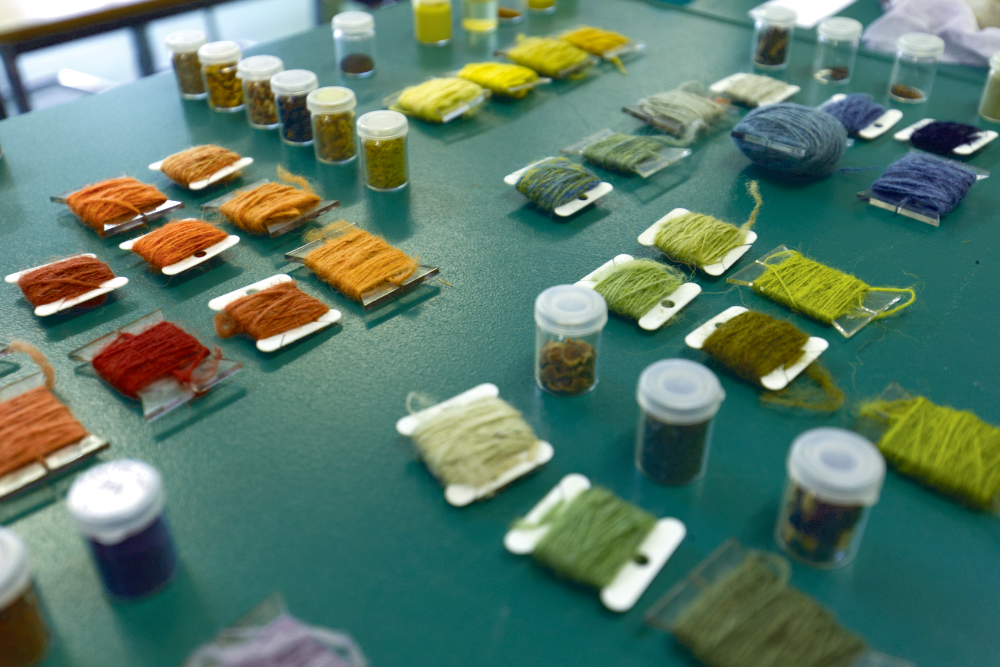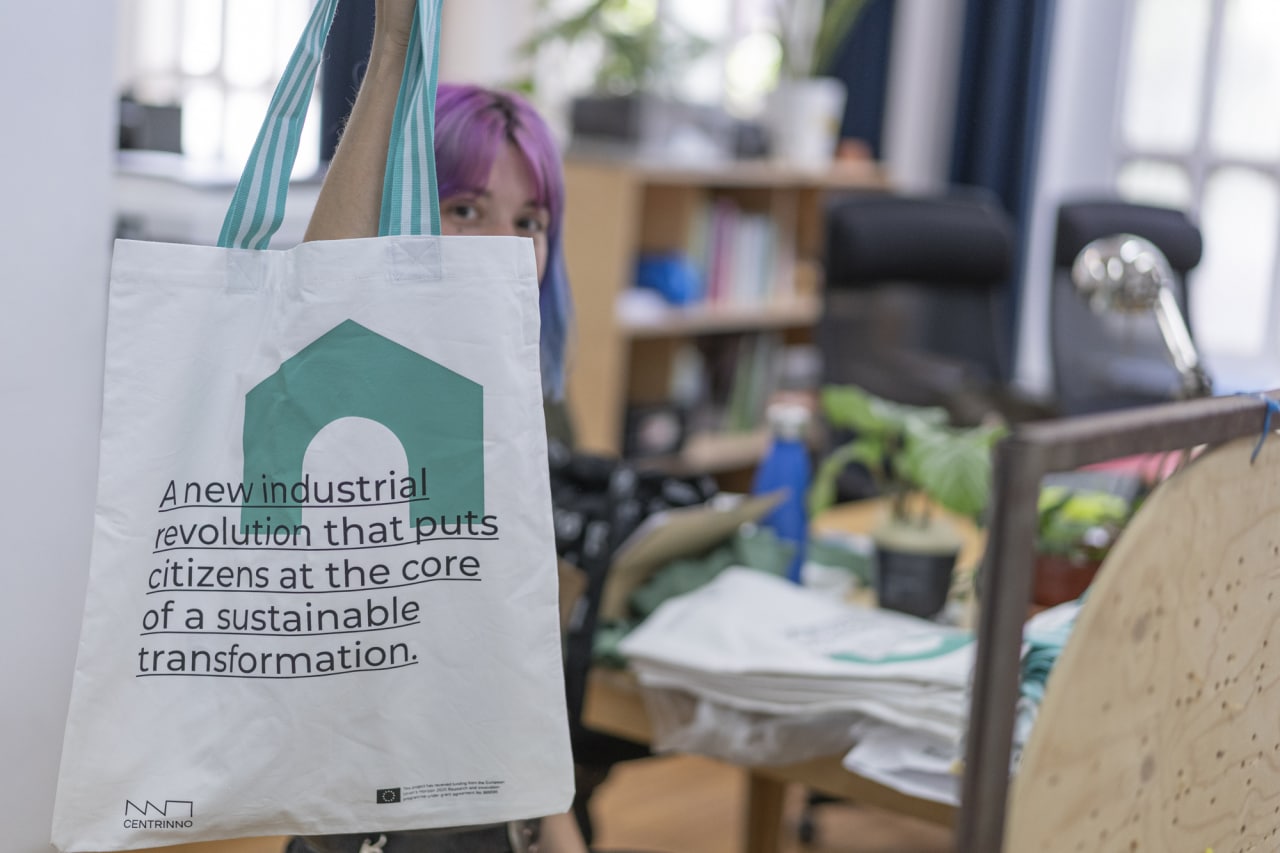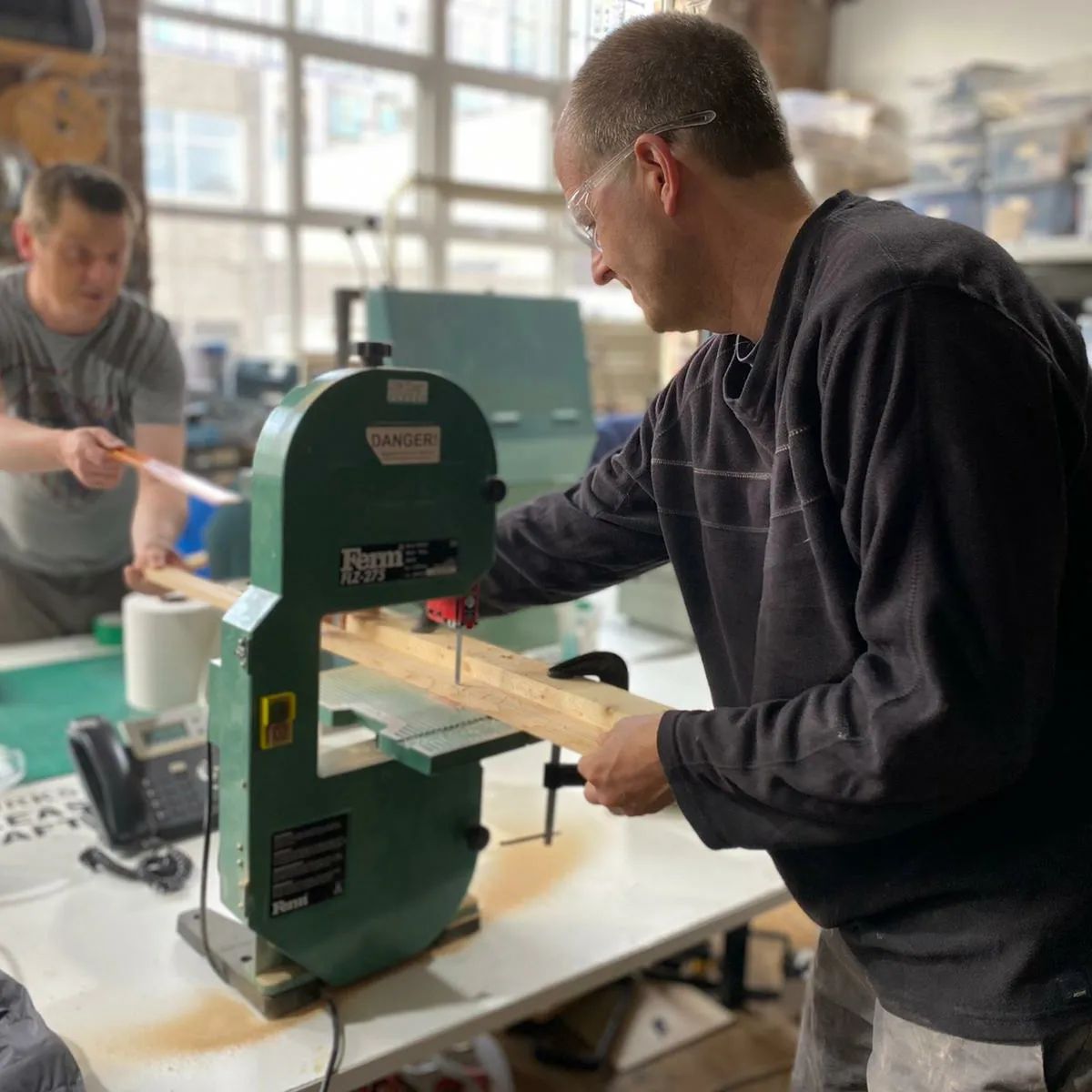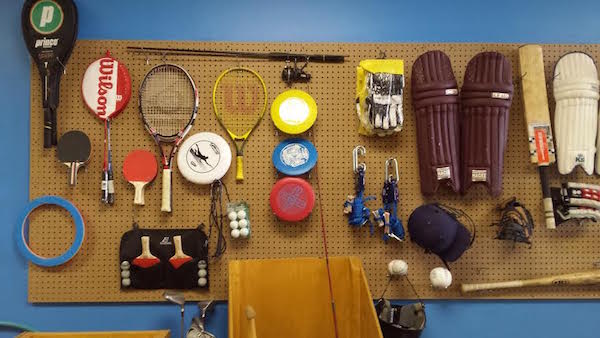Efficient walls made of agricultural waste
Straw buildings are nothing new, but sometimes revisiting old solutions can provide useful options. In this article on building efficient walls with agricultural waste, ArchDaily gives us a nice overview of such a look back and shows how “straw buildings can be sustainable, comfortable, and, above all, solid and resistant.”





